1 August 1940
Adolf Hitler issued
Directive Number 17, declaring his intention to intensify the
air and sea war against England in order to "establish the
necessary conditions for the final conquest of England".
The
Duke of Windsor, former King Edward VII, left Lisbon, Portugal,
in order to take up the post as Governor of the Bahamas.
The
7th Battalion, King's Own, was based in Newark. It
supplied aerodrome guards at Woolsthorpe; Swinderby; Winthorpe
and Balderton.
The 8th Battalion, King's Own, moved to
Bournemouth in order to take over beach defences. |
2 August 1940
A French Military Court
tried General Charles de Gaulle in his absence and found him
guilty of treason and sentenced him to death. He remained
the leader of the Free French in London throughout the war. |
3 August 1940
The Italian Army invaded
British Somaliland in East Africa.
The 8th Battalion, King's
Own, took over the coastal defence in the Bournemouth area from
the 4th Battalion, Royal Northumberland Fusiliers. They
had many duties and a long stretch of beach to guard. |
4 August 1940
Operation Hurry ended in
British success and RAF Hurricane aircraft landed in Malta to
aid the defence of the island. |
5 August 1940
The August Bank Holiday was
cancelled.
The 5th Battalion, King's Own, with headquarters
in Thirsk, received the first day time air raid warning. |
6 August 1940
It was stated in the House
of Commons that it was the aim to have a canteen in each
military camp, which would be either run by the Navy, Army and
Air Force Institute (NAAFI) or run by a voluntary body.
A
question was asked in the House of Commons as to the cost to the
taxpayer of the change of title from 'Local Defence Force' to
'Home Guard'. The Secretary of State for War, Anthony
Eden, said that the cost was estimated at £3 500. |
7 August 1940
Exeter was bombed by the
Germans for the first time.
Another question was asked in the
House of Commons about the cost of the supply of Home Guard arm
bands to replace the LDV arm bands, and if the change of title
would be re-considered. The answer was no. In
Lancaster the LDV arm bands appear to have been reused, with the
addition of a sew on patch with the words 'Home Guard', which no
doubt reduced the cost.
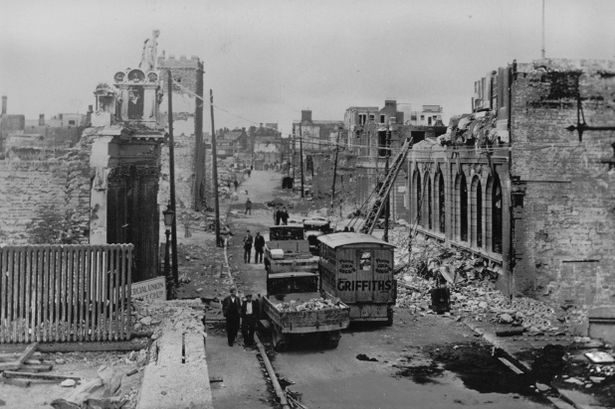 |
8 August 1940
The German Luftwaffe began
targeting British ports and harbours.
In the House of Commons
it was reported that more than 11 000 refugees from Gibraltar
had been accommodated in flats in London.
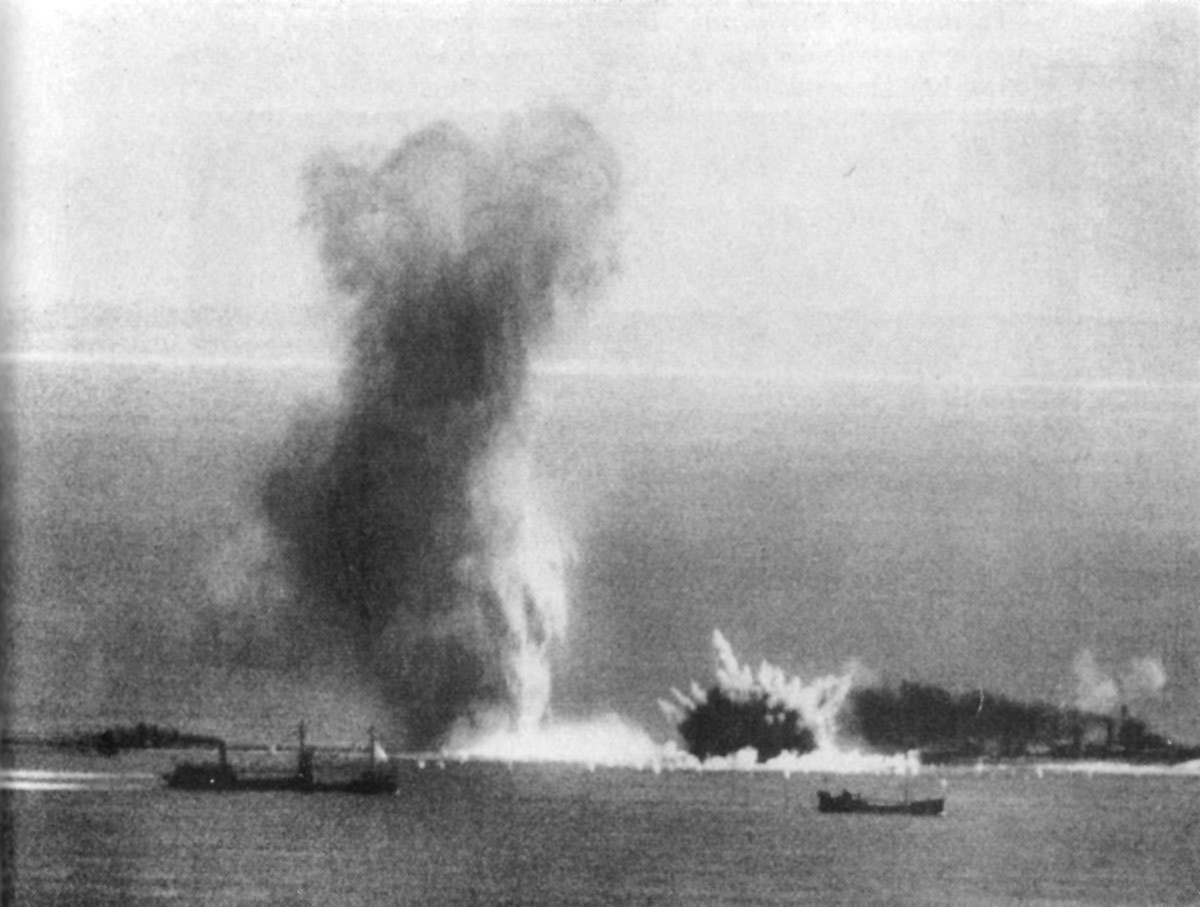 |
9 August 1940
The German Luftwaffe made
its first air raid on Birmingham.
His Royal Highness, The
Duke of Gloucester visited the 8th Battalion, King's Own.
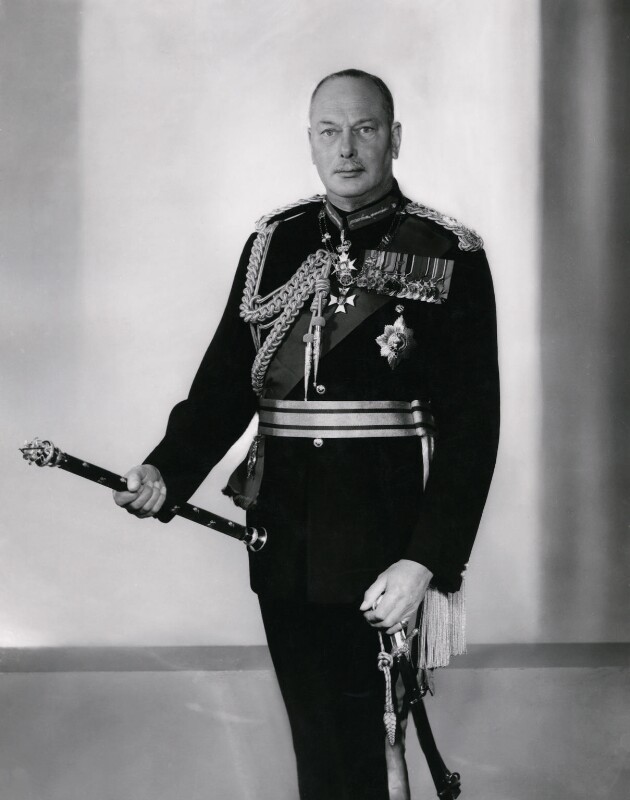 |
10 August 1940
Across the country road
signs had been removed so as not to give aid to enemy troops in
locating their position.
Men of the 5th Battalion, King's
Own, underwent training in the gas chamber.
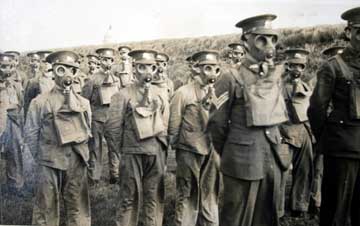 |
11 August 1940
The German Luftwaffe
campaign to defeat the Royal Air Force over the English Channel
ended with only limited German victory.
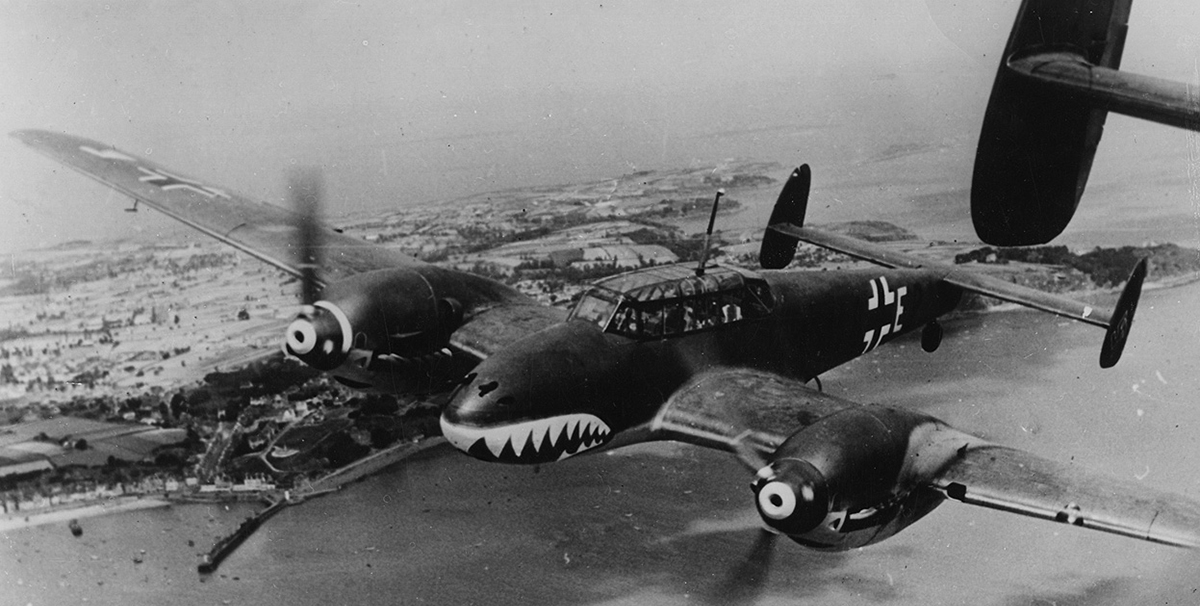 |
12 August 1940
General Alan Brooke,
Commanding UK Home Forces, visited the 8th Battalion, King's
Own, to inspect the coastal defences at Sidmouth, Devon.
The
second phase of the Battle of Britain began, and the Luftwaffe
began to target Royal Air Force airfields. Coastal Radar
installations were also bombed, five being damaged.
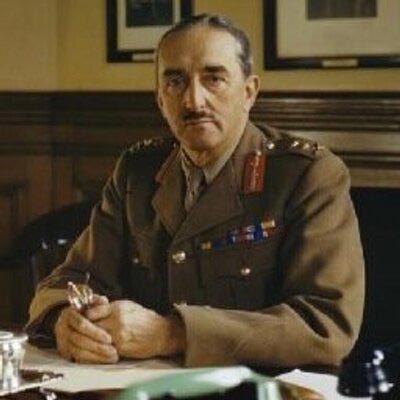 |
13 August 1940
The German military
operation 'Aldertage' or 'Eagle Day' was put in to action - this
had the aim of the destruction of the Royal Air Force, but
eventually this failed.
A question was asked in the House of
Commons about the damage done to crops, fences, walls and
buildings, as a result of the defence works, including pill
boxes, which were being constructed across the country. A
Royal Engineer officer was responsible for all local works and
care was to be taken over the damage done.
It was stated in
the House of Commons that an airmail letter from the UK to the
USA was usually delivered in ten days.
It was reported in the
House of Commons that some 9 120 Germans, Austrians and Italians
were sent from internment camps in the UK to Canada or Australia
at various dates between 21 June and 10 July 1940.
It was
reported in the House of Lords 11 000 refugees from Gibraltar,
most not speaking English and the majority women and children,
had been accommodation in hotels and flats in London. This
has required the relocation of 23 families from the flats.
In
Australia, the Canberra Air Crash resulted in the death of the
Chief of the Australian General Staff; Minister for Air;
Minister for the Army; the Vice President of the Executive
Committee; a staff officer to the CAGS and four air crew.
A major blow to the Australian war effort losing so many senior
officers in the crash.
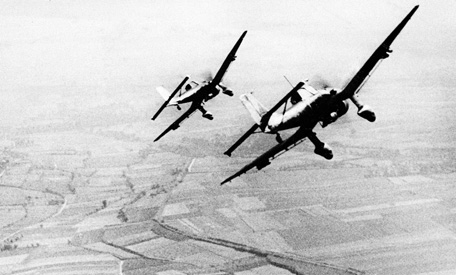 |
14 August 1940
Lancaster's Home Guard had
just taken receipt of medical equipment, rifles and bayonets.
It was reported in the House of Commons that a shortage of
towels meant that the London Midland Scottish Railway were only
placing towels in first class lavatories of troop trains.
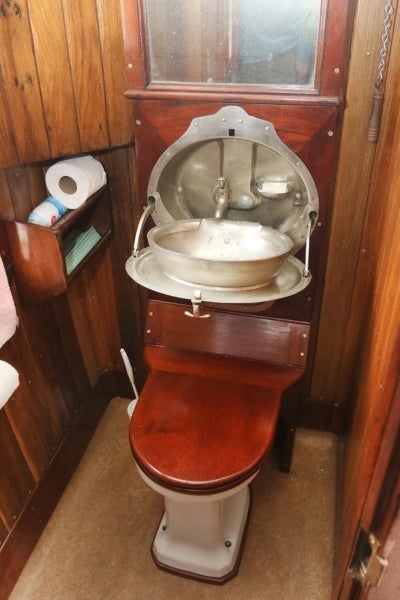 |
15 August 1940
Today was the biggest air
engagement of the Battle of Britain to date, major attacks were
launched by the Luftwaffe. The Germans lost 76 aircraft to
the British 34.
A bumper plum crop which had ripened
earlier than expected, meant there was a great surplus of plums.
These were to be harvested and supplied to both the Royal Army
Service Corps and the Navy, Army and Air Force Institutes, as
plum jam or tinned. The manufacture of plum jam also
affected the sugar allocation.
 |
16 August 1940
The Royal Air Force
attacked the Fiat manufacturing plant in Turin, Italy.
The
5th Battalion, King's Own, took part in a Divisional scheme at
Osmotherly, when four carriers got bogged.
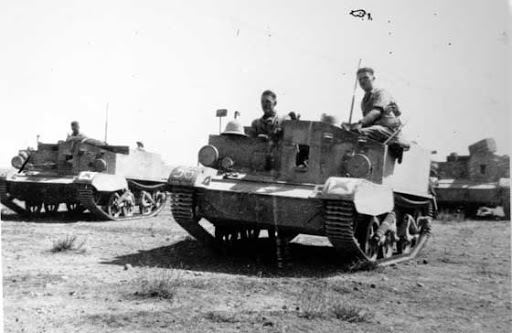 |
17 August 1940
Adolf Hitler ordered a
total blockade of Britain as a means of weakening the islands
prior to the German invasion.
The 5th Battalion, King's Own,
were ordered to dig slit trenches at Thirsk Racecourse and
Skelfield School
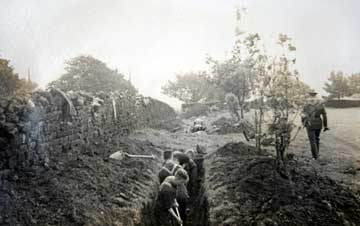 |
18 August 1940
In the Battle of Britain
the Germans lost 69 aircraft and the British lost 29.
In
Lancaster the Home Guard dug slit trenches and weapon pits
around the city to defend against invasion.
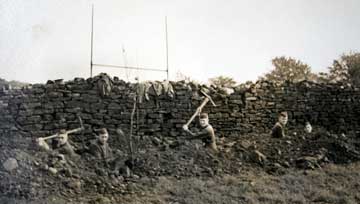 |
19 August 1940
Poor weather between 19 and
23 August meant that the Germans were unable to fly and the
Royal Air Force ground crews were able to repair the airfields.
The Commanding Officer, 5th Battalion, King's Own, exercised the
motor cycle platoon and Molotoff Platoon. The 'Molotoff'
platoon was equipped with improvised bombs, made from petrol
filled glass bottles, with a ignitable rag in the top. The
name originates from the Finns in the Winter War against the
Soviet Union, when Molotoff [Molotov] was the Soviet Foreign
Minister.
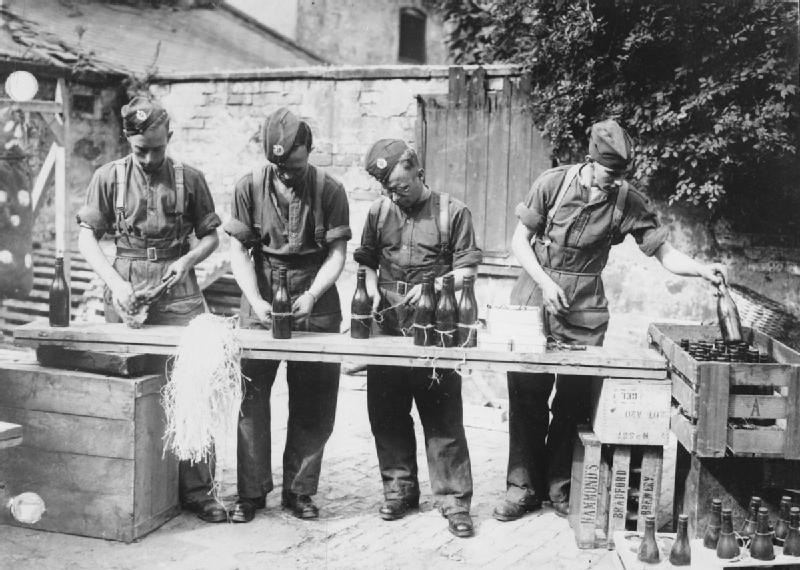 |
20 August 1940
Prime Minister Winston
Churchill made a speech in the House of Commons about the on
going Battle of Britain in which he said "Never in the field of
human conflict was so much owed by so many to so few."
The
House of Commons was told that British troops in Iceland had a
good supply of games equipment, radio sets and books. A
mobile cinema has been sent out and others will follow. It
was hoped to send a concert party when the necessary
arrangements could be made.
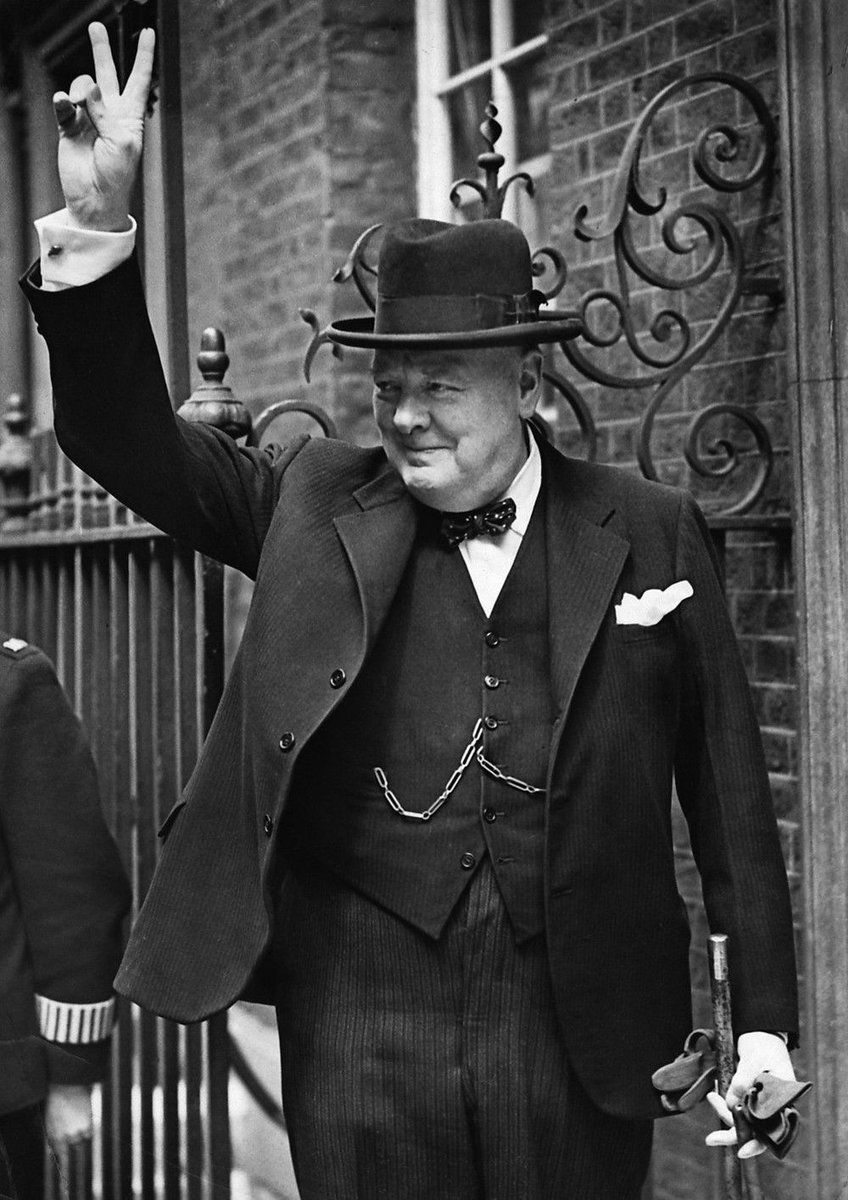 |
21 August 1940
The SS Anglo Saxon,
carrying Welsh coal to Argentina was sunk by the German
auxiliary cruiser, the Widder. The Widder machine gunned
survivors who had taken to lifeboats and failed to search for
any survivors. Seven survivors were able to escape in the
ships 'jolly boat' and 70 days later and after travelling 2 800
miles two survivors landed in the Bahamas.
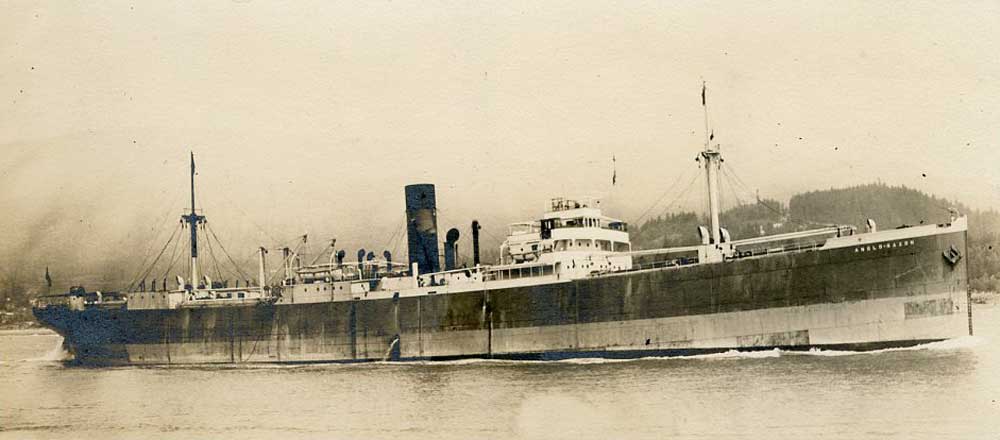
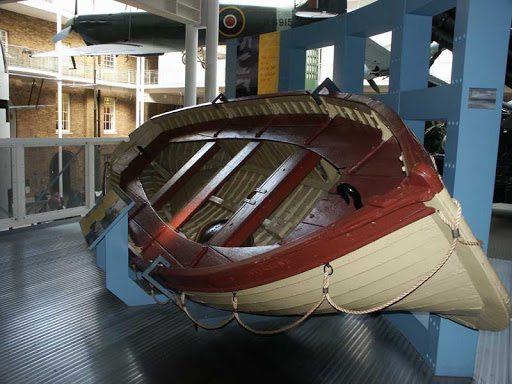 |
22 August 1940
The first German bomb
dropped in the London Civil Defence Area fell at Harrow, North
West London.
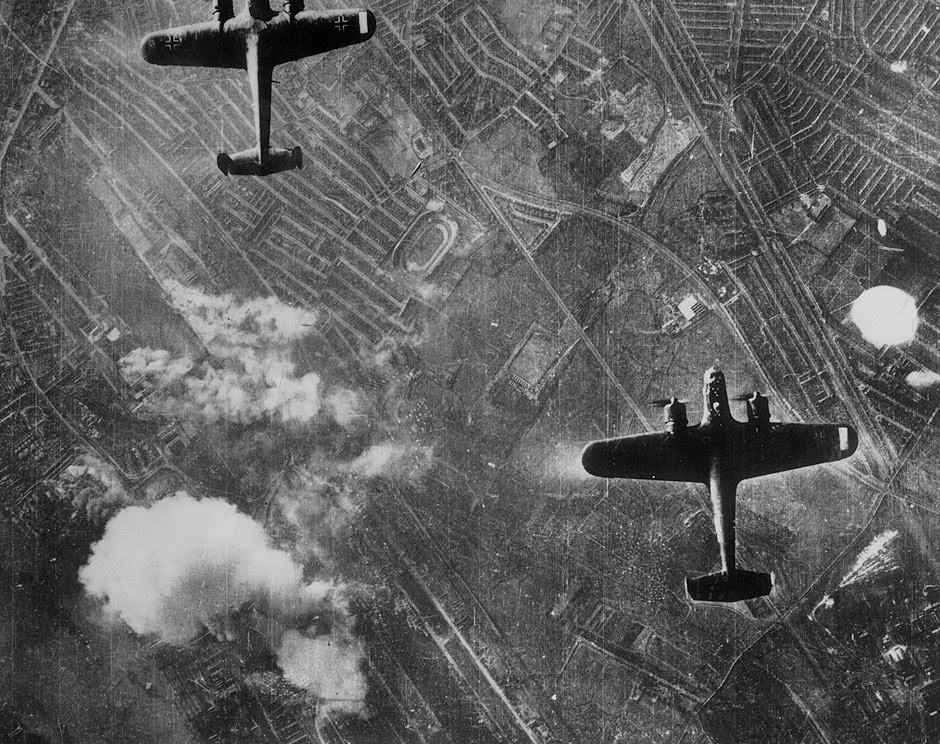 |
23 August 1940
At twenty past midnight
members of South Lonsdale Battalion of the Home Guard spotted a
group of men pushing something which looked like a machine gun
mounted on wheels and with the Germans expected any hour, they
nearly opened fire on them, but discovered it was a group of
cocklers.
King George VI commanded that the names of all
Germans and Italians be removed from the list of British titles
and decorations. Few German Nazis were affected, but
honours to both Benito Mussolini and King Victor Emmanuel III
were removed.
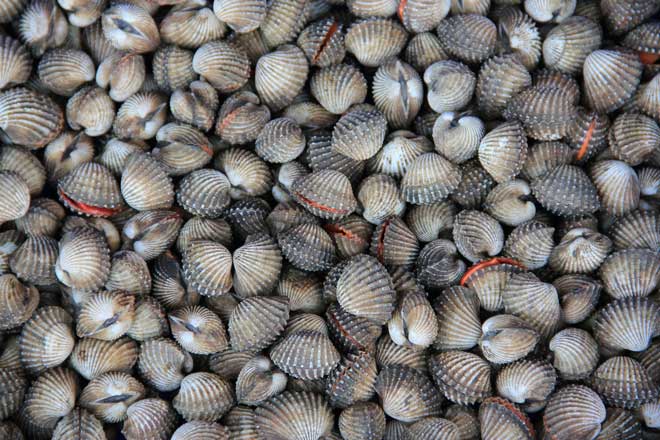 |
24 August 1940
The German Luftwaffe
dropped bombs on the City of London and Oxford Street.
Winston Churchill ordered that the Royal Air Force was to bomb
Berlin in retaliation.
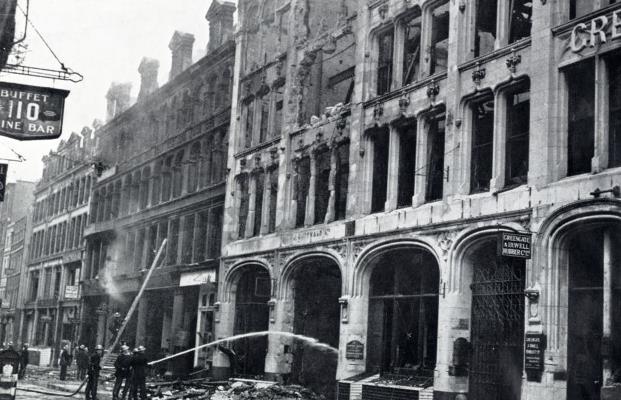 |
25 August 1940
The Royal Air Force bombed
Berlin for the first time, doing little damage and no one was
killed, however it was a serious embarrassment that the RAF had
been able to do this.
The 8th Battalion, King's Own,
defending the Bournemouth area, noted a shower of incendiary
bombs fell on Hengistbury Head (pictured).
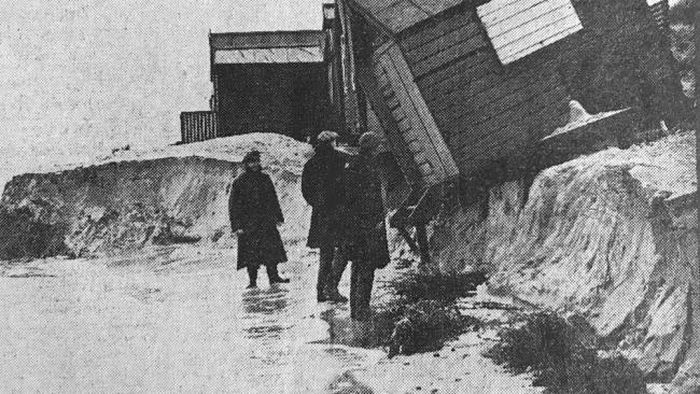 |
26 August 1940
The German Luftwaffe bombed
the village of Wexford on the east coast of Ireland, killing
three women.
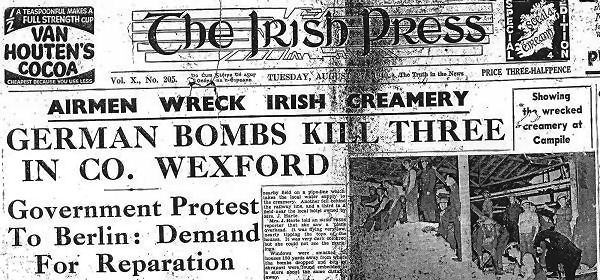 |
27 August 1940
The British armed merchant
cruiser, HMS Dunvegan Castle, was torpedoed in the Atlantic
Ocean, west of Ireland, with the lost of 27 of her 289 crew.
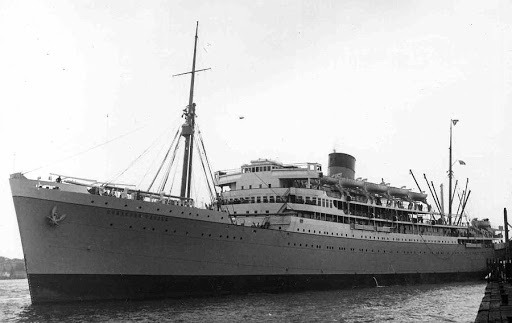 |
28 August 1940
The first major air raid on
the City of Liverpool took place.
The 8th Battalion, King's
Own, defending the Bournemouth area, noted that high explosive
bombs landed on the battalion's front, but they all fell in the
sea.
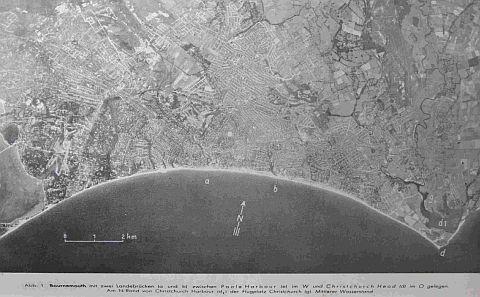 |
29 August 1940
The Commanding Officer of
the 5th Battalion, King's Own, exercised his Molotoff and
Carrier Platoons. The 'Molotoff' platoon was equipped with
improvised bombs, made from petrol filled glass bottles, with a
ignitable rag in the top. The name originates from the
Finns in the Winter War against the Soviet Union, when Molotoff
[Molotov] was the Soviet Foreign Minister.
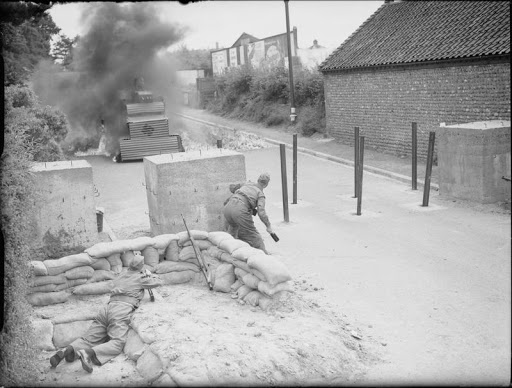 |
30 August 1940
In the Battle of Britain
the German Luftwaffe launched 1310 sorties against Britain.
41 German fighters were destroyed with the loss of 39 Spitfires.
The Royal Air Force bombed Berlin and the oil refinery in
Rotterdam.
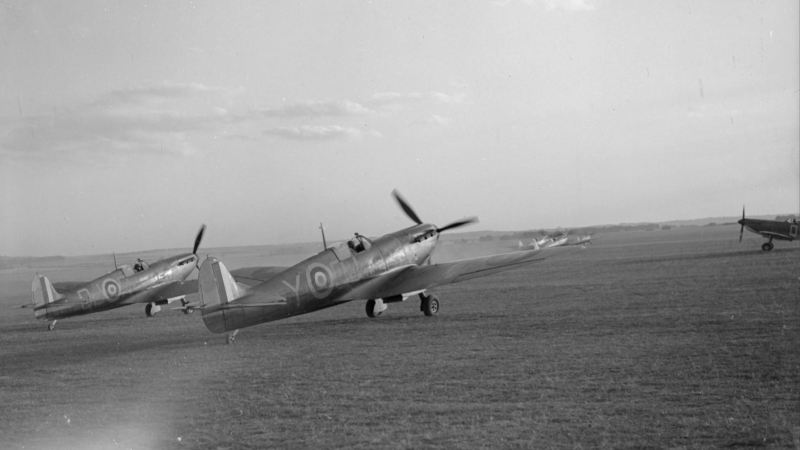 |
31 August 1940
The Texel disaster took
place off the Dutch coast when British destroyers steamed into
an unmarked mine field. HMS Esk was sunk and HMS Express
was severely damaged. More than 300 were killed and 100
men were taken prisoner of war.
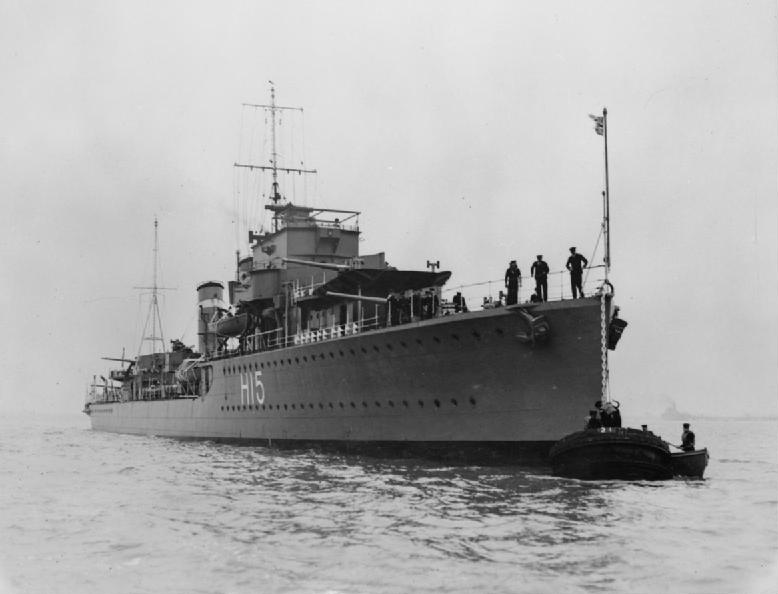
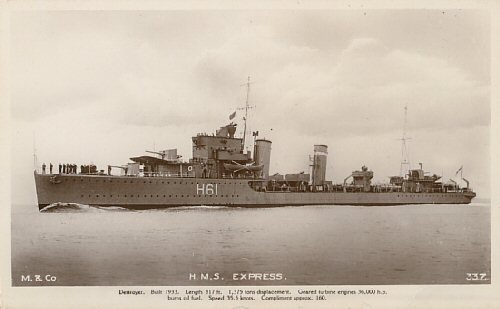 |





























